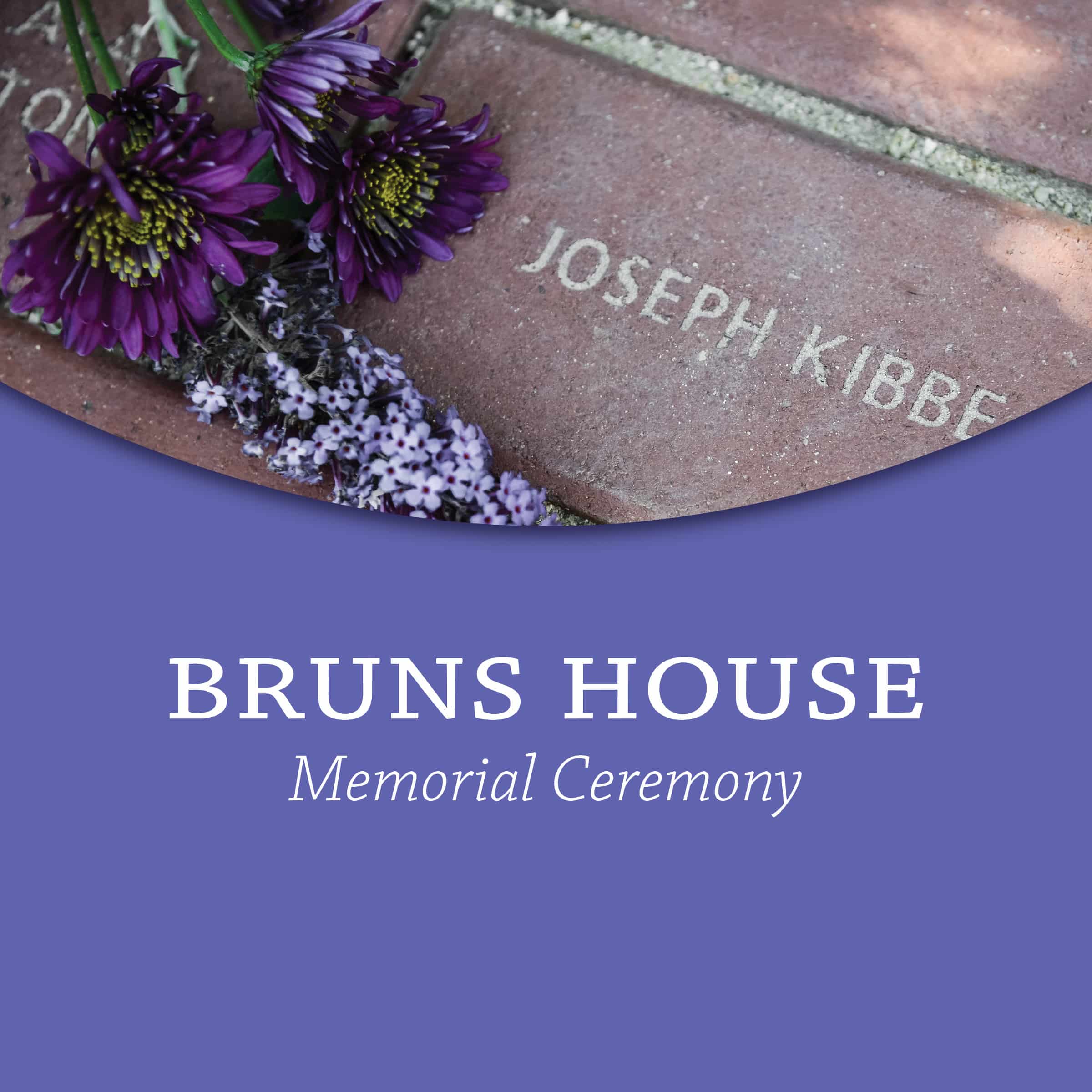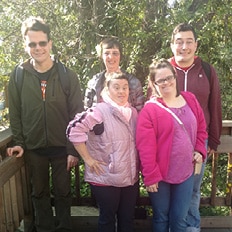Few of us get to choose our last meal on earth. Death row inmates do, and researchers report that those awaiting execution often ask for classic American comfort food: french fries, hamburgers, steak, pie and ice cream.
But most of us consume our last meal unaware that it will be our last. We toss the taco wrapper in the trash, step out onto the sidewalk and are struck by a falling piano. More commonly, we grow old and infirm, gradually forgetting how to swallow. Then one day, we choke on a spoonful of apple sauce, develop aspiration pneumonia and that’s it—the Last Supper.
 If we could choose our last meal, knowing It will be our last, what would we choose?
If we could choose our last meal, knowing It will be our last, what would we choose?
I would start with a baguette torn open and slathered with liver paté, a handful of Niçoise olives and a chilled bottle of sparkling wine. Those treats, often shared with a companion on his deck overlooking the bay, would remind me how magical it is to fall in love.
For the soup course, the cream of chicken soup once served in the Queeny Tower Restaurant at Washington University Medical Center in St. Louis. Many a lunch I grabbed there while my mother got her chemotherapy or saw her oncologist. How many bowls of that soup did I consume before the cancer finally killed her at age 51? To taste it one last time would pull close a homesickness that is all I have left of her.
For the main course, my own fried chicken—which I am not too shy to say is the best you will ever eat. I have never been afraid of deep frying, which speaks volumes about my character: brave, resilient and sassy. I wasn’t born that way, I was made that way by people and experiences for which I am deeply grateful. Even for the hard, ugly stuff, I try to be grateful.
As a digestif, a glass of 20-year-old tawny port. I ordered it some years ago dining out with my father. While waiting for my drink, I stepped away from the table and quietly paid the dinner tab as a gift to my father. When he discovered what I had done, he was angry; I had shown disrespect for him as the family patriarch and provider. It tore open a breach between us that never healed. Sipping that glass of port at my last meal, I would be reminded of the bitterness of regret, of irrevocable loss, of mistakes I can never go back and undo.
At the end of the meal, I would break off one more piece of the baguette and hold up the glass containing the last of the port. I would whisper the old prayers and consecrate the bread and wine, because the deepest relationship of my life has been with something ineffable, beyond my sight. That’s the last thing I would taste on the last day of my life.
In hospice, we invite our patients to throw open the storehouses of their past, bring forth their stories and lay them out one after another, like a banquet on a dining room table. Some dishes they savor, some they pick at; others they push away with distaste or disappointment.
This is no mere stroll down memory lane. This is a patient’s final opportunity to take the full measure of who they are, how they came to be and what it all meant. It is holy ground—the place where love, sadness and longing, forgiveness and redemption, gratitude and blessing, regret, loss and wonder all come together in one last moment of reckoning. Often, there is a sense of fullness and completion; sometimes, the grace of healing.
And at last the meal is finished, the table cleared, the bill paid. We rise and make our way toward the exit. We step across the threshold. The door clicks quietly shut behind us.






